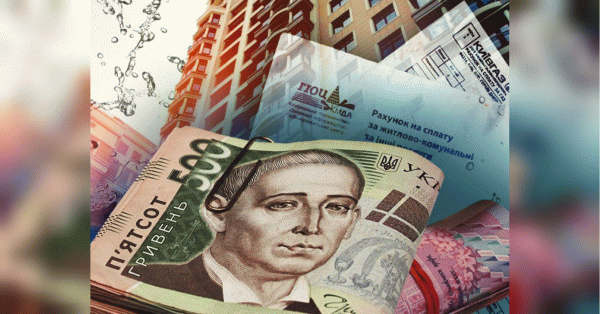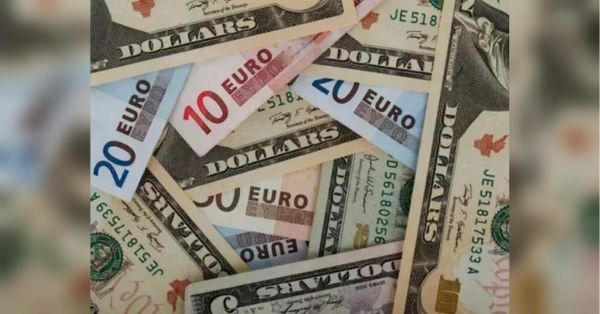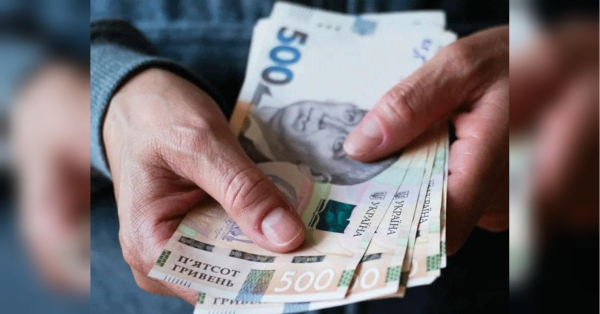
KHARTOUM, Sudan — The Biden administration is hopeful that warming ties between Iran and Saudi Arabia will help deescalate conflicts and crises across the Middle East, a senior U.S. diplomat said Thursday.
The détente between the two regional heavyweights could help bring Yemen’s nine-year civil war to an end, Barbara Leaf said. Earlier this month, Riyadh and Tehran agreed to re-establish diplomatic relations after seven years of rupture — a move that stirred cautious optimism across the region.
“The first order is to see whether Iran will live up to its commitments in terms of Yemen,” Leaf said, stressing that Tehran needs to stop the “lethal aid” it provides its allies.
Earlier this month, the Wall Street Journal reported that Iran had agreed to stop arming Tehran's allies in Yemen — the Shiite Houthi rebels who are fighting a Saudi-led coalition in the Arab world's most impoverished country — as part of the deal.
In 2014, the Iran-backed Houthis seized Yemen's capital of Sanaa and much of the country's north, forcing the internationally recognized government into exile. Saudi Arabia entered the conflict on the side of the government in March 2015.
The Saudi-Iran rapprochement could also help cash-strapped Lebanon, Leaf said, where both Riyadh and Tehran wield political and economic influence.
The tiny Mediterranean country is in the grips of the worst economic and financial crisis in its modern history, rooted in decades of corruption and mismanagement.
Leaf, the assistant secretary of state for Near Eastern affairs, called on Lebanon to follow through on economic reforms it had agreed to with the International Monetary Fund over a year ago.
“There is no escaping the fact Lebanon is sinking into a deeper and deeper economic crisis,” Leaf said. She spoke at a virtual news conference after visiting Jordan, Egypt, Libya, Lebanon and Tunisia.
Since securing the deal, Lebanese officials have made limited progress in fixing the ailing banking system and reforming the country's barely functioning public electricity system. Lebanon is also without an elected president.
Leaf also urged Palestinian and Israeli leaders to follow up on promises to de-escalate tensions, following a sharp uptick in violence.
Leaf, who visited Libya's capital of Tripoli and also the eastern city of Benghazi — seats of rival governments in the divided, volatile country — appealed on Libyan leaders to commit to fresh elections. Last month, the United Nations unveiled a plan to unite the rival administrations and shepherd the war-ravaged country to the ballot box.
However, Libyan politicians have been critical of the plan, and previous efforts to bridge the divide have failed.
Leaf also called on Tunisia to pursue a bailout deal with the IMF. Like others in the region, Tunisia has been hit hard by the fallout of the Ukraine war and is battling surging inflation.
Sourse: abcnews.go.com






